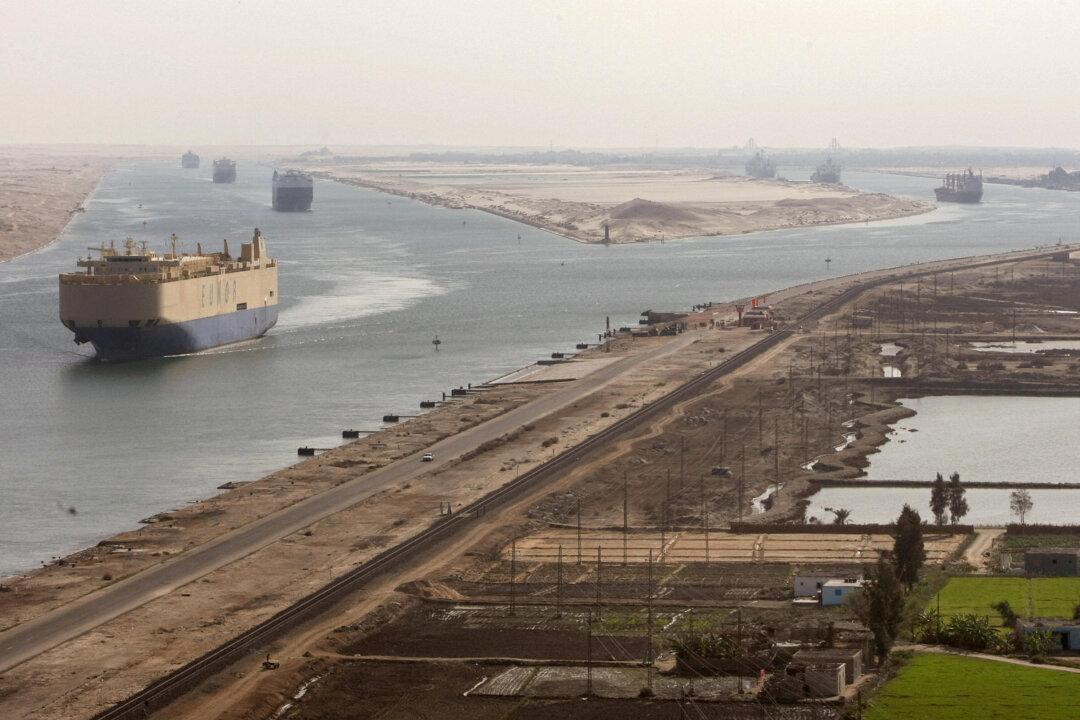The bulk carrier MV Glory, which was bound for China, was refloated after running aground in the Egyptian waterway of the Suez Canal on Jan. 9, according to the Suez Canal Authority (SCA).
Adm. Ossama Rabiee, chairman and managing director of SCA, said the ship suffered a technical failure 23.6 miles into its passage through the canal. Rabiee did not elaborate on what caused the technical failure.





